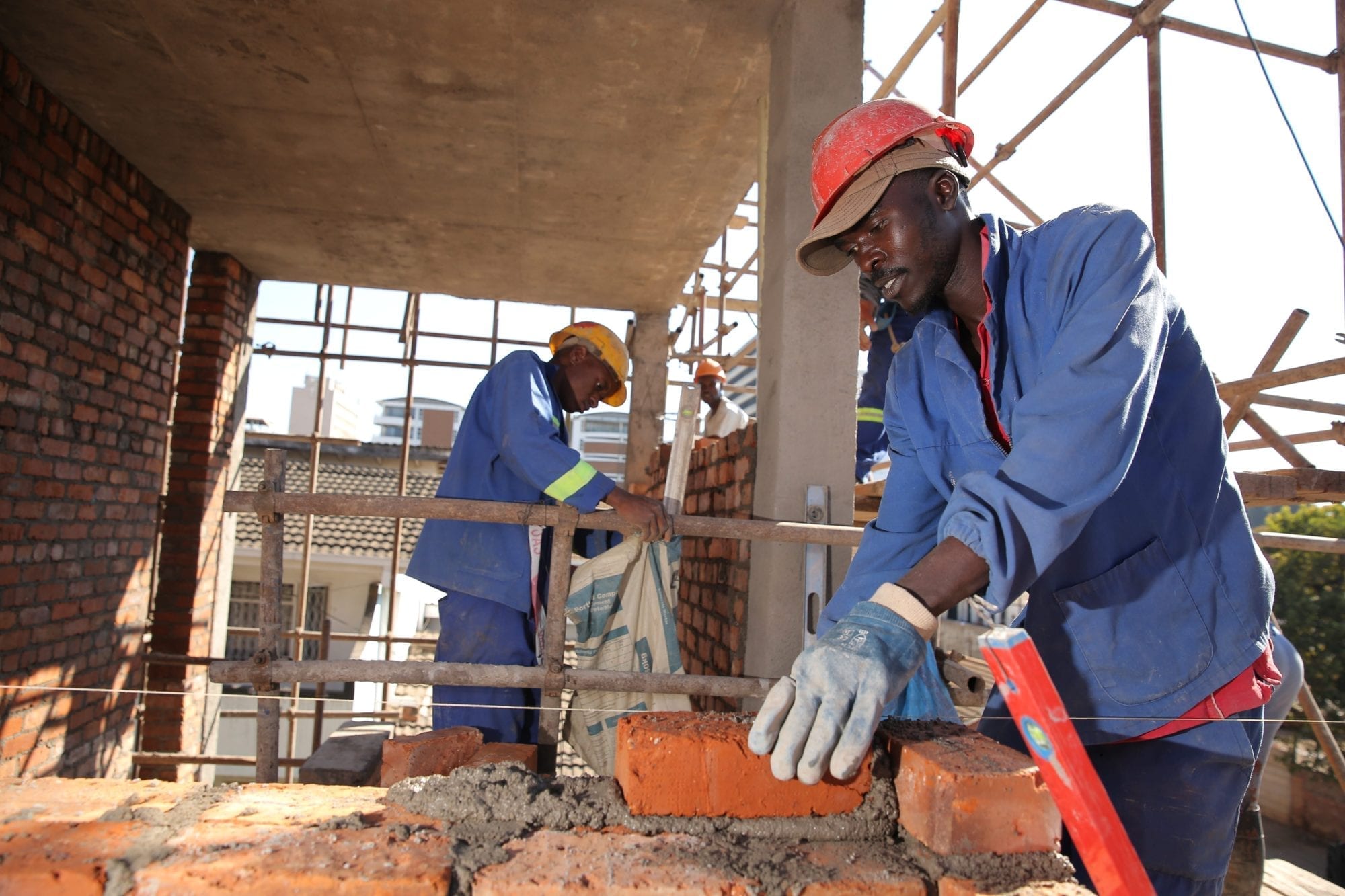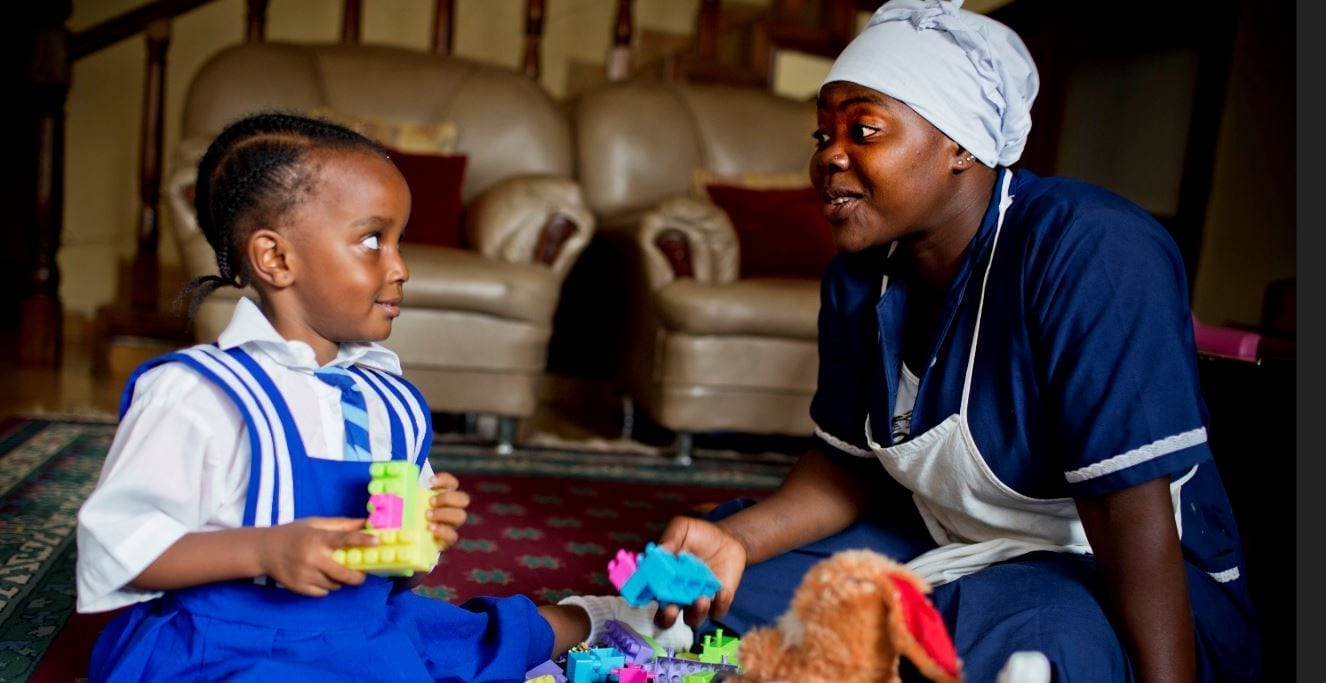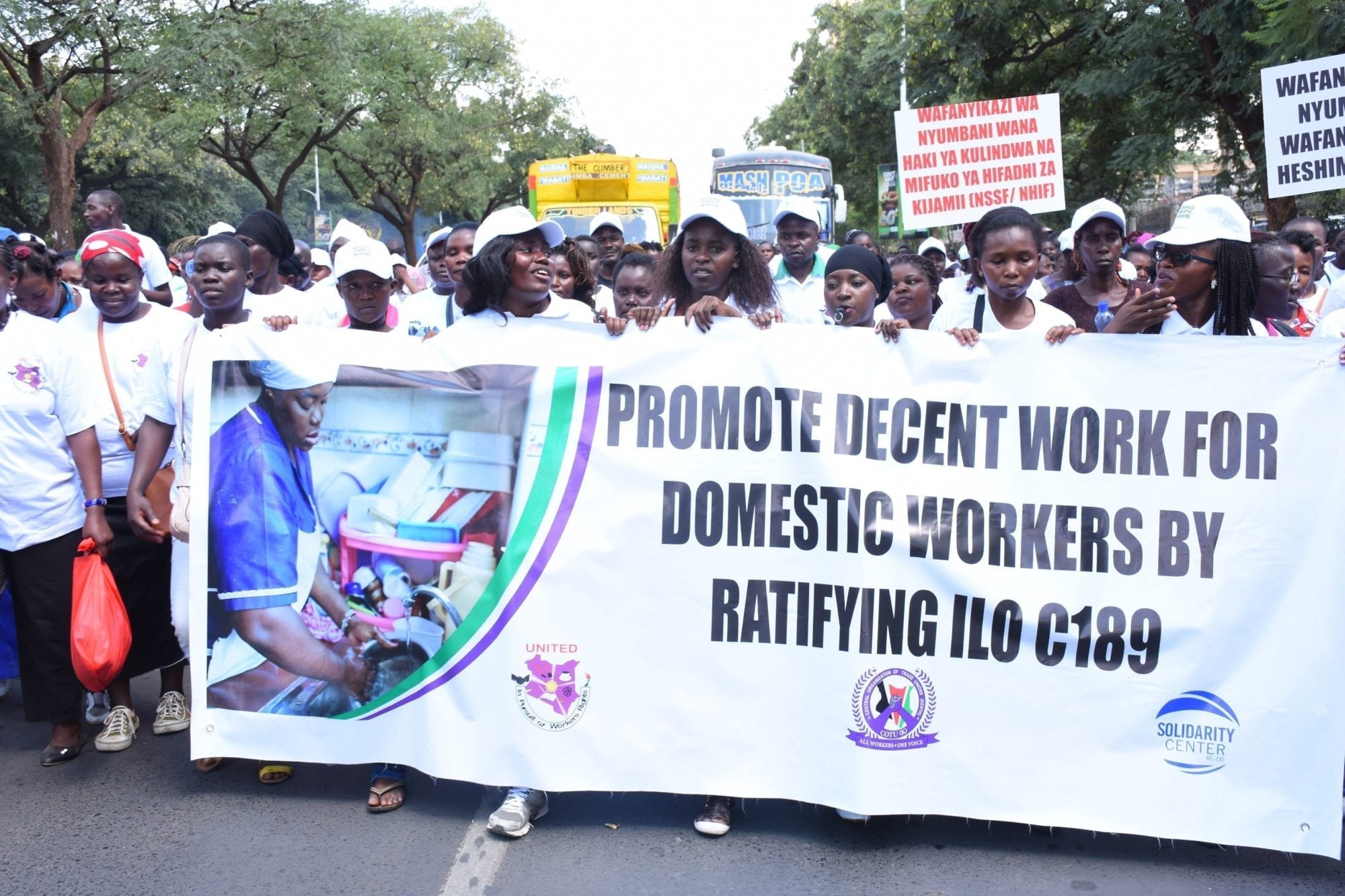Wage theft and other forms of economic injustice are among the major factors holding Zimbabwe back from a democratic transition, says Imani Countess, Africa regional program director for the Solidarity Center. Countess spoke at a recent panel discussion in Washington,...

The Solidarity Center assists workers in the informal economy, such as market vendors in Zimbabwe, come together to assert their rights and raise living standards. Credit: ZCIEA
Some 2 billion people work in the informal sector as domestic workers, taxi drivers, and street vendors, many of them women workers. Informal economy work now comprises the majority of jobs in many countries and is increasing worldwide. Although informal economy workers can create up to half of a country’s gross national product, most have no access to health care, sick leave or support when they lose their jobs, and they have little power to advocate for living wages and safe and secure work.
The Solidarity Center is part of a broad-based movement in dozens of countries to help workers in the informal economy come together to assert their rights and raise living standards. For instance, three affiliates of the Central Organization of Trade Unions-Kenya (COTU-K), a Solidarity Center partner, signed agreements with informal worker associations to unionize the workers, enabling them to access to the country’s legal protections for formal-sector employees.
Find out more about informal workers gaining power by joining together in unions and worker associations in this Solidarity Center-supported publication, Informal Workers and Collective Action: A Global Perspective.
Domestic Workers Lead the Change
Domestic workers are at the forefront of change in many countries, highlighted by the adoption of the Decent Work for Domestic Workers convention by the International Labor Organization, and the creation of the International Domestic Workers Federation. Yet this...
Domestic Workers Fight for Their Rights in Kenya
Domestic workers are some of the world’s most vulnerable workers, comprising a significant part of the global workforce in informal employment. Lucy Nyangasi, 26, a domestic worker in Nairobi, is one of some 67 million workers who labor in households around the world,...
No Results Found
The page you requested could not be found. Try refining your search, or use the navigation above to locate the post.



